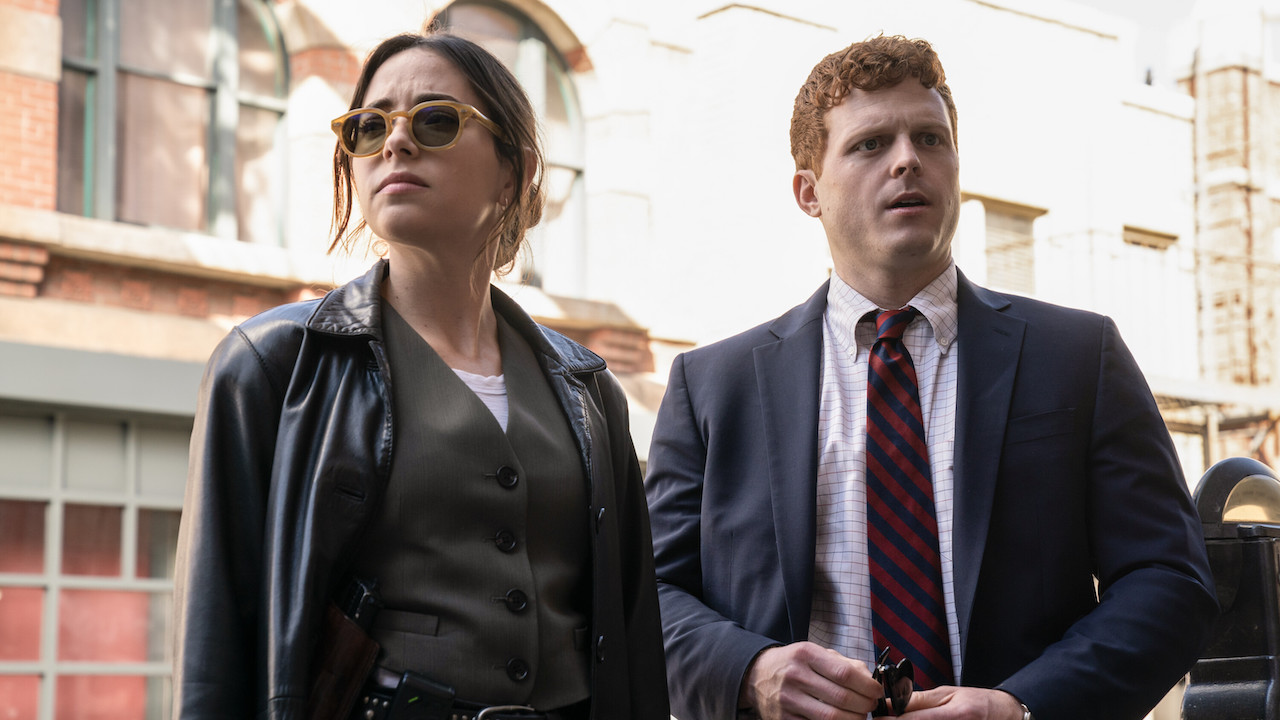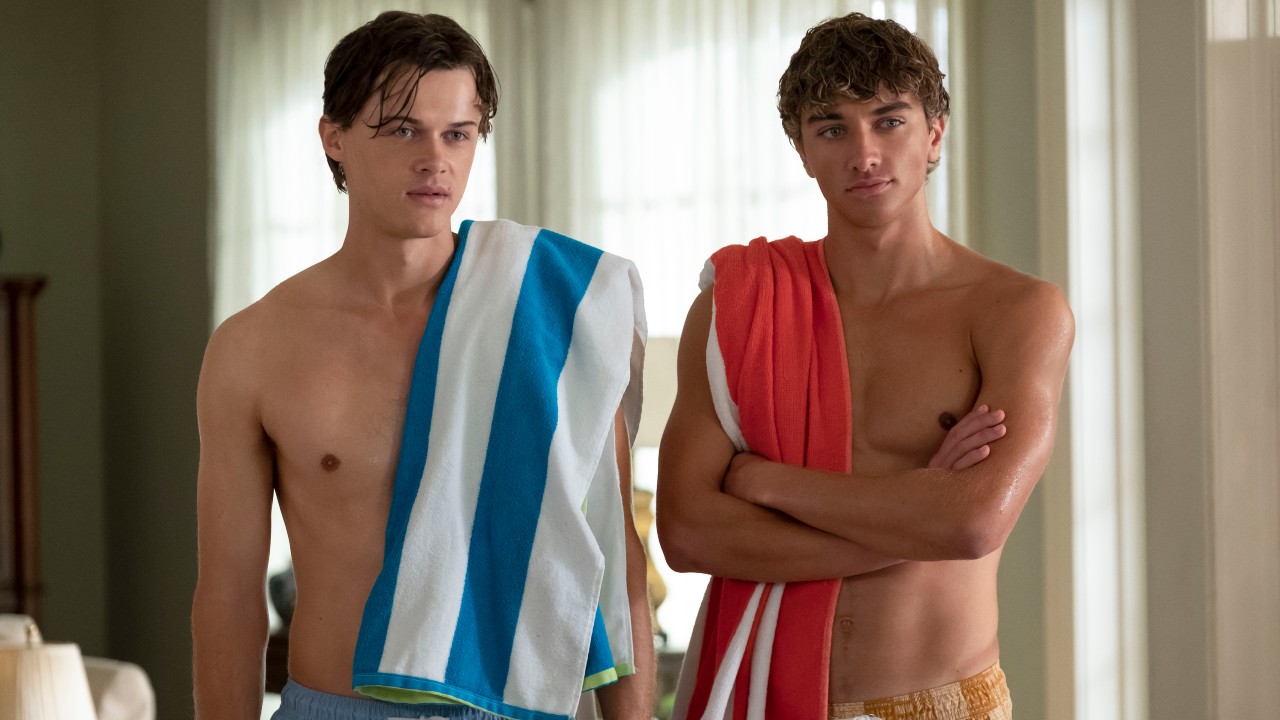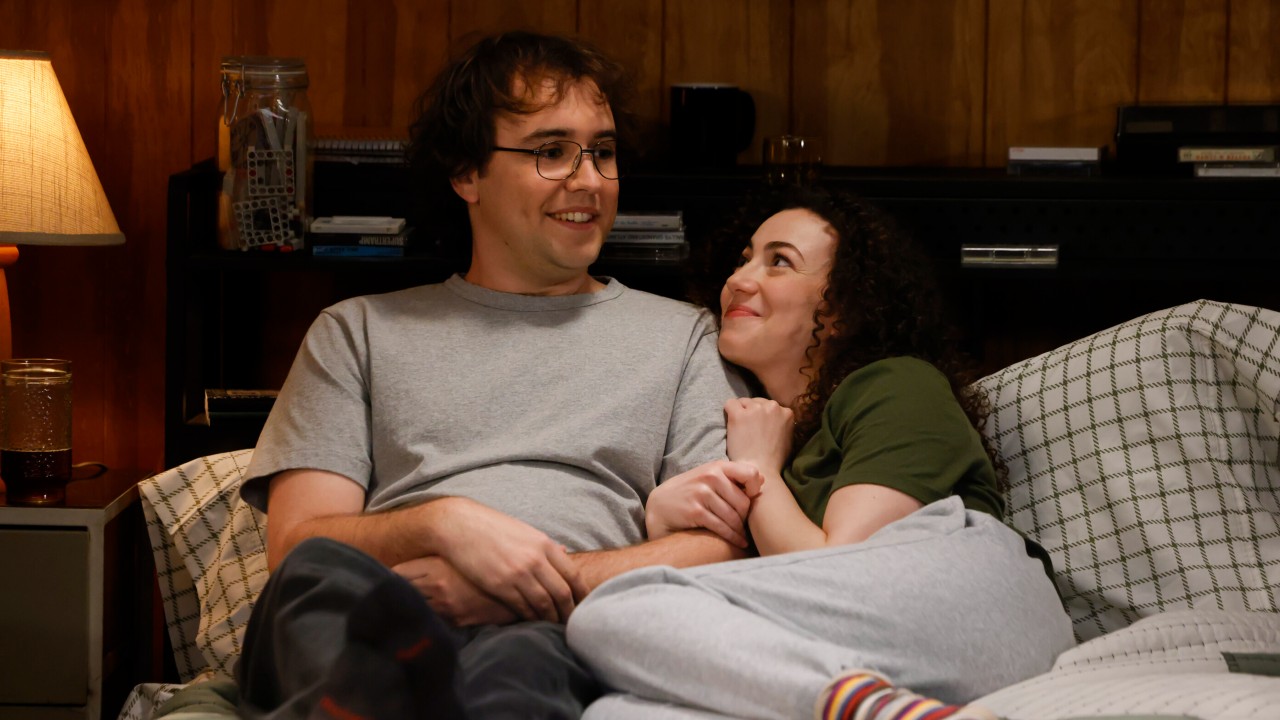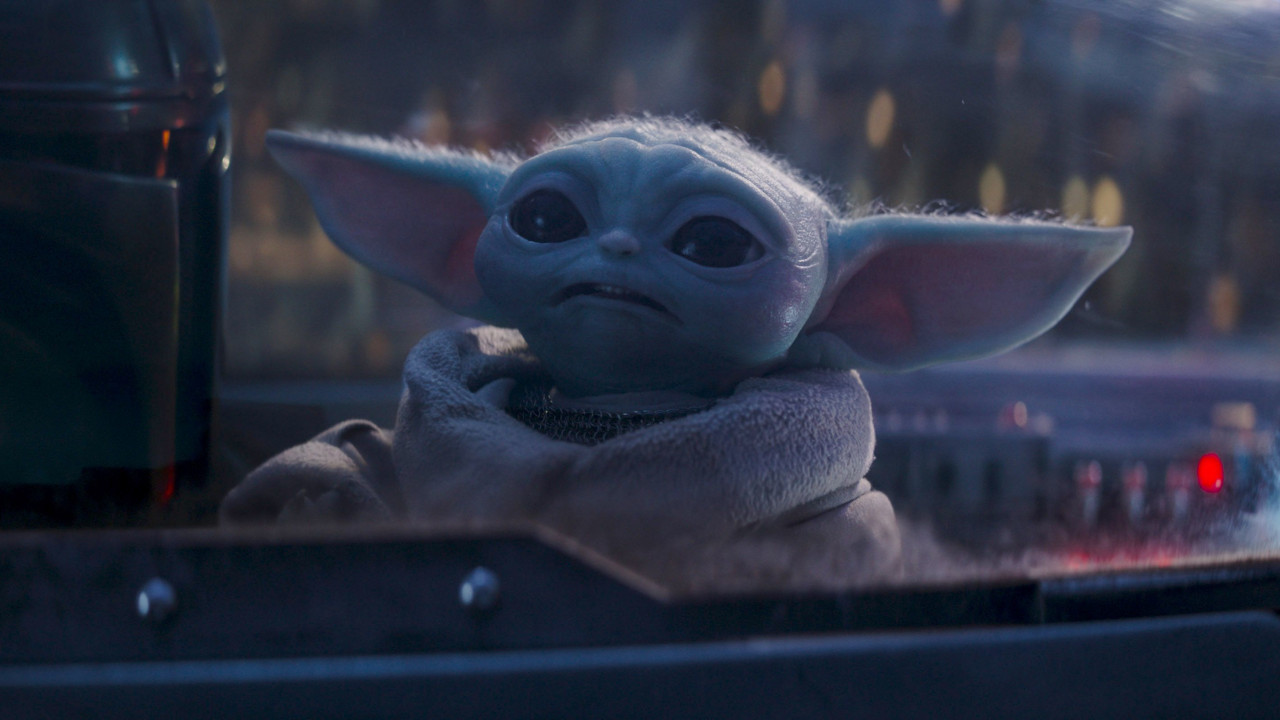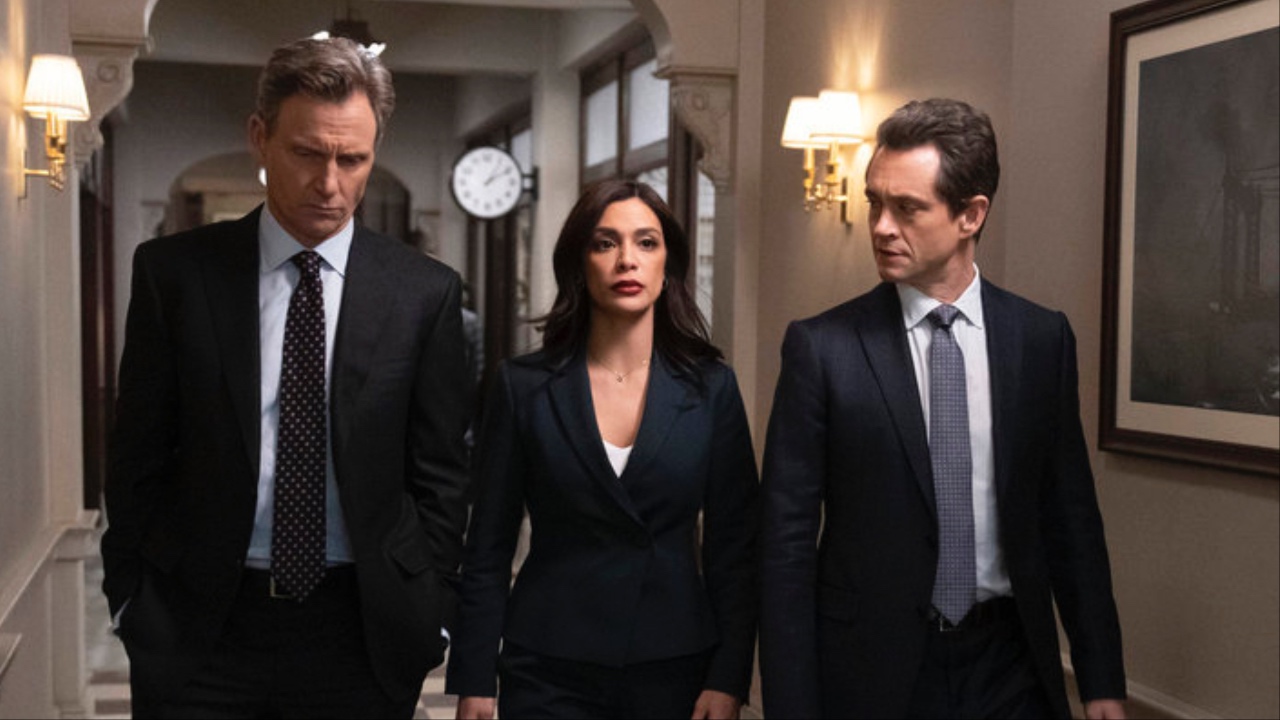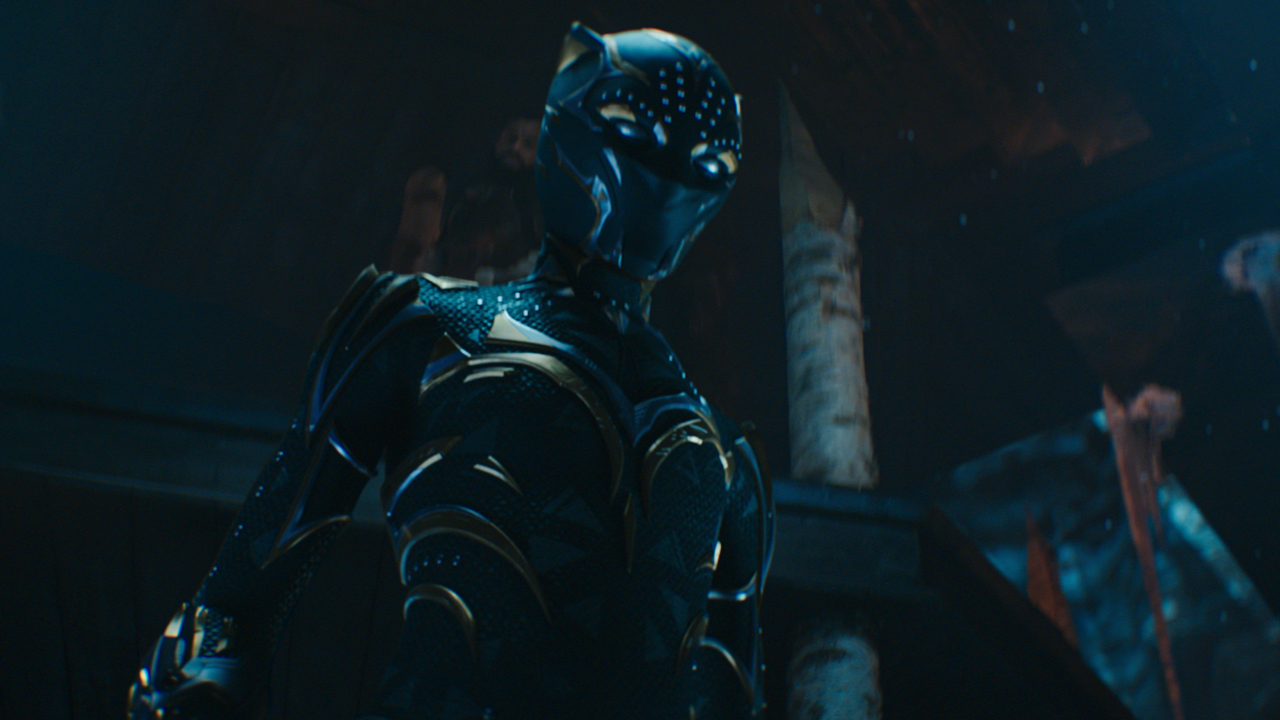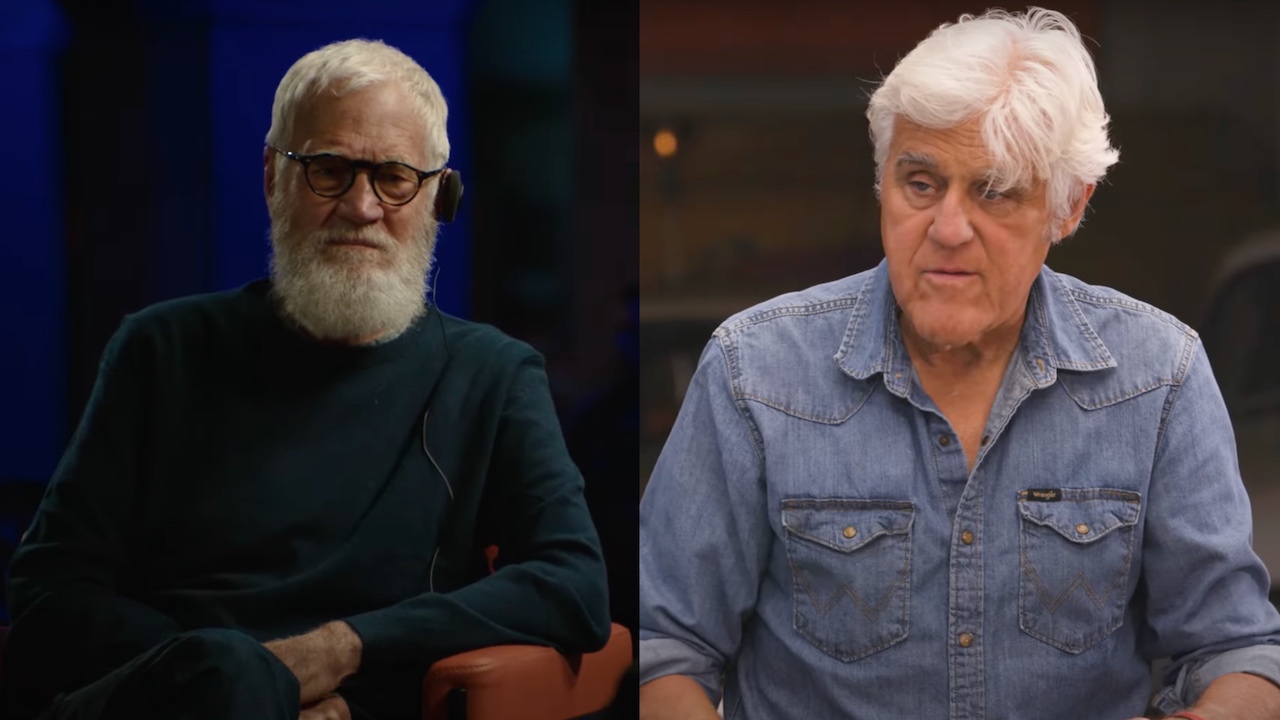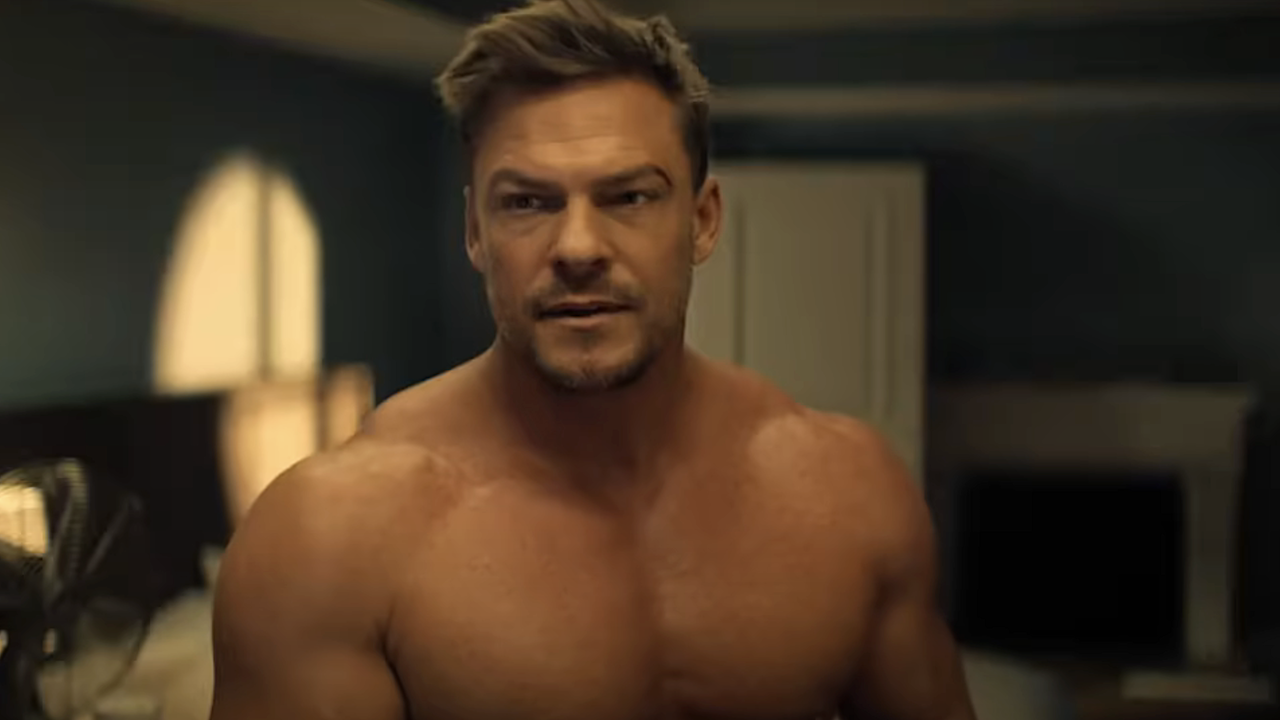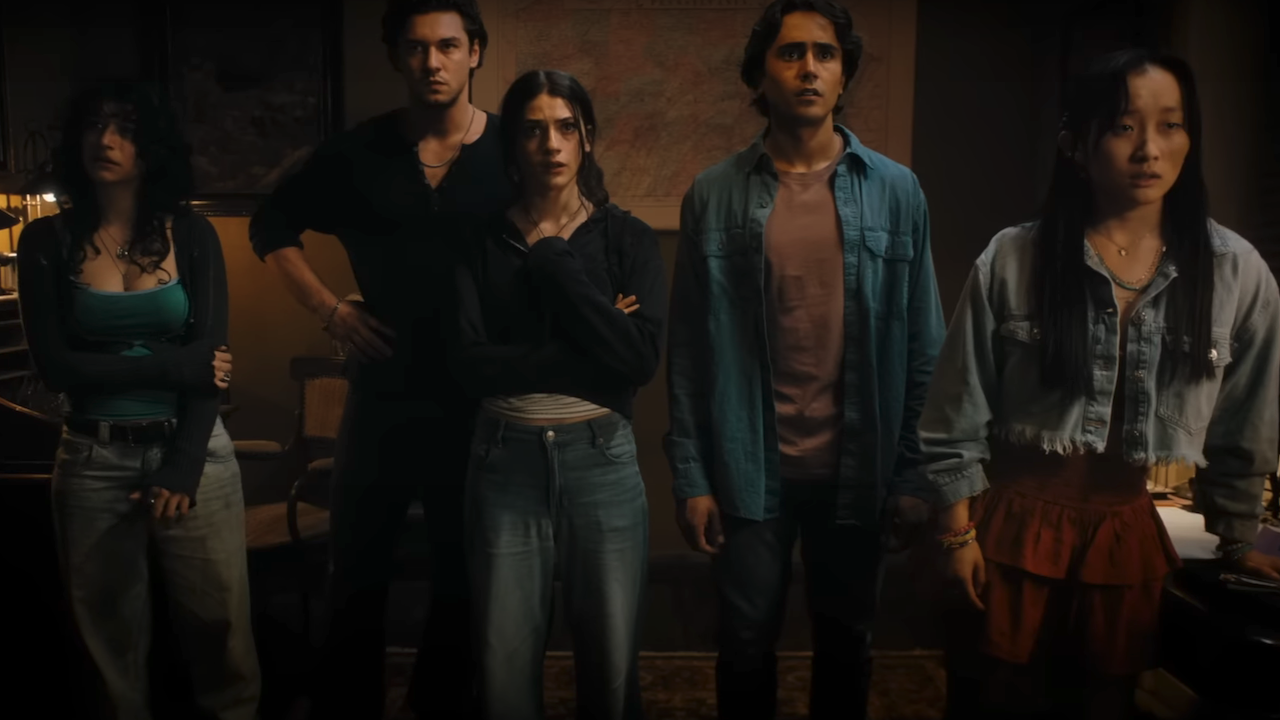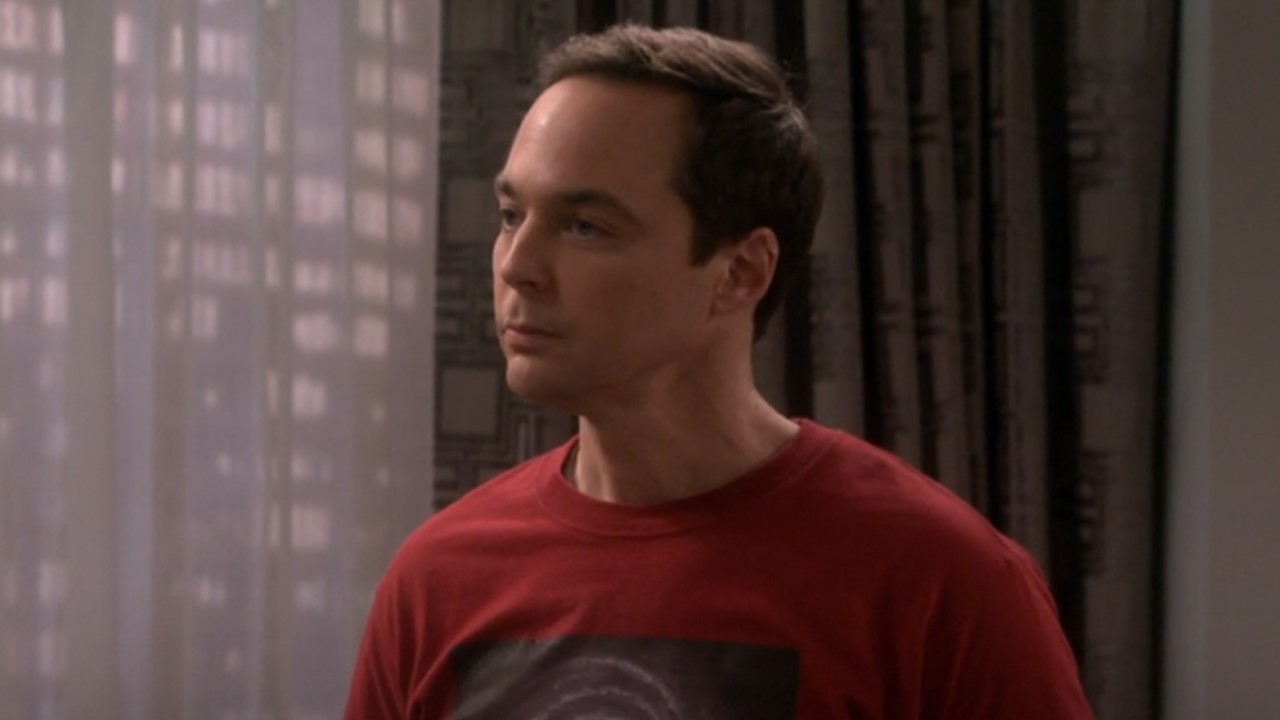Interview: District 9's Sharlto Copley
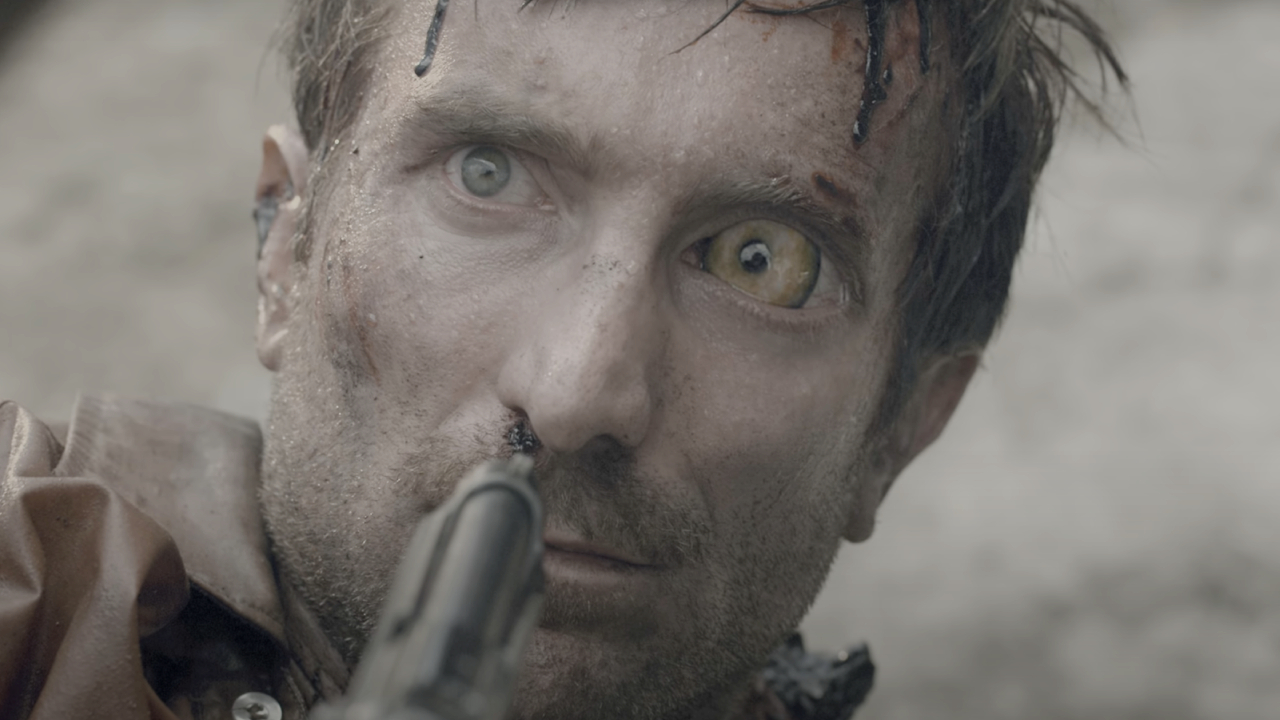
In addition to my one-on-one interview with director Neill Blomkamp conducted at Comic Con, I also got the chance to talk to District 9's star, Sharlto Copley, during a press day in New York a few weeks ago. He was there with Blomkamp, who did most of the talking, but I thought singling out Copley's statements would be interesting as well. The man who is Wikus van der Merwe in the film hasn't been doing nearly as much press as Blomkamp has, and it was fascinating to hear him talk about his process of becoming a character who undergoes so much over the course of one film.
As you have probably heard by now, District 9 is Copley's acting debut; he's a filmmaker as well, and Blomkamp offered him the role specifically because of his ability to be natural on camera. Check out what he had to say about his highly unusual acting debut below. District 9 is currently playing in theaters, and you should probably be watching it right now.
In the beginning you were showing the documentary crew around District 9, showing the camera where everything is. How much of that was improv?
Sharlto: Well, Neill built a very defined world, and obviously we had the same kind of reference to that world. We had a lot of common references. Basically him and Teri [Tatchell, the screenplay's co-writer] had a script, a structured story. So a scene would take place by Neill going these are the 2, 3, 4 things that have to happen, these are the beats in the scene, then I would improv around that. It was certain constraints as we went along. Continuity would become an issue, physical continuity once I'd committed to a decision.
Especially that pre-transformation stuff was incredibly loose. It was an amazing experience. The experience of [playing] a character who's doing what he thinks and believes is the right thing, and as an actor, I really believe everybody does that. You act from a position of your conditioning as a child, your religious conditioning, your experience in life, what your parents have told you. This was an experience of this character going through having all his conditioning stripped away. All the things he believed in, his support structure, being forced to question his values and question the decisions he had made. And not necessarily having a perfect answer or a perfect solution.
And how about the scenes in which you had a claw?
Yeah, I learned to eat with one hand. I learned a bit of discrimination myself, because [at lunch] nobody wanted to eat with the claw, the bloodied claw with the real human feces on it sometimes. I woud always sort of have to have my hand down.
CINEMABLEND NEWSLETTER
Your Daily Blend of Entertainment News
How does your background as a director affect your acting?
It's really a separate thing with the acting. The way that I act is really simplistic, actually. It's sort of by osmosis. I take in information and then find a voice and get a character. There's no real thought or conscious effort going into that process. Either I am that character or I'm not. The technical understanding of filmmaking was relatively useful in this situation. I was aware of certain restraints with continuinty, with effects, almost subconsciously. [But] once I'm in that character, I'm really not involved in any of that. I'm just doing what I believe he would do in that moment.
Do you think that Wikus starts off as a dork before he becomes this heroic figure?
I can see that people would see it that way, I certainly didn't consciously think about it like that. I approached it from a perspective of a very insecure person who's trying to hide those insecurities, trying to look like he's in control of everything, thinks he's more popular than he really is. Then he goes through the process of all of that being stripped away from him. You see what characters are when you start putting them through stuff. if there's any heroic side of him, that comes out.
Staff Writer at CinemaBlend

